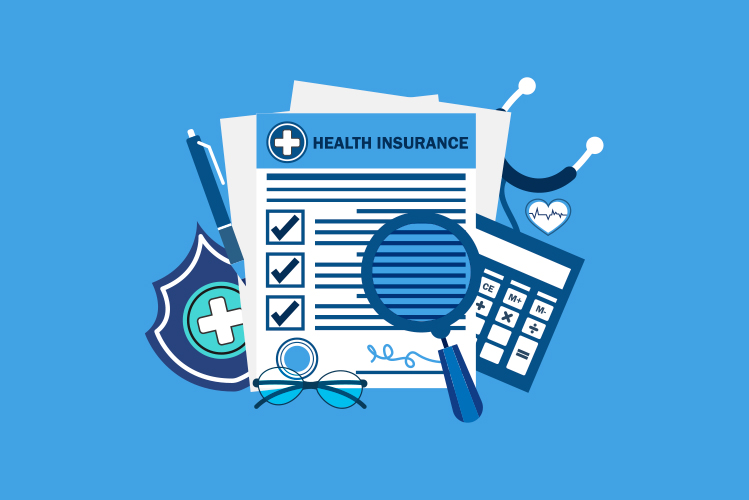End-of-Year Compliance Deadlines and Reminders
The end of the 2022 calendar year is fast approaching, and with it comes numerous deadlines that can directly or indirectly impact employer group health plans.

Published: 12.22.2022
The end of the 2022 calendar year is fast approaching, and with it comes numerous deadlines that can directly or indirectly impact employer group health plans. Below is an overview of several items that plan sponsors should be mindful of this season.The Affordable Care Act’s Employer Mandate
- The IRS recently formalized the automatic 30-day extension for employers to furnish Forms 1095-B/C to recipients that the department first introduced in 2021. With this extension, employers need to make sure that 2022 forms are distributed to employees by March 2, 2023.
- 2022 Forms 1095-B/C and Form 1094-B/C must be successfully e-Filed with the IRS by March 31, 2023. The good faith transition relief that formerly shielded employers from penalties for incorrect and/or incomplete ACA filings is no longer available. Employers must successfully e-File complete, accurate ACA filings by this deadline or risk exposure to information return penalties and employer mandate penalties.
- As a reminder, the affordability percentage as adjusted for inflation has decreased significantly from 9.61% in 2022 to 9.12% in 2023. This means that, effective the first day of the 2023 plan year, the lowest cost, employee-only plan option providing minimum value cannot exceed 9.12% of a full-time employee’s income to be considered affordable. Applicable large employers should carefully analyze affordability for their 2023 plan year in advance of open enrollment.
- Beginning January 1, 2023, dependents can start qualifying for government subsidized health insurance if they are not offered affordable coverage through an employer-sponsored plan, even if the coverage offered to their parent or spouse (who is the employee) is affordable for that employee. This does not mean that employers are required to offer affordable family-level coverage; rather, the measure seeks to expand access to subsidized coverage from the dependent’s perspective without changing any requirements under the ACA’s employer mandate. Employers may see decreased enrollment in their group plans as qualifying individuals switch to Marketplace coverage.
- In conjunction with this change, the IRS revised the Section 125 cafeteria plan rules so that any employer, if they so choose, can begin allowing employees to drop family-level medical coverage midyear in order to enroll in exchange-based coverage.
- RxDC reports for both the 2020 and 2021 calendar years are due to CMS by December 27, 2022 (2022 reports are due by June 1, 2023). Employers must report to the federal government information about medical care spending and premiums, overall spending on prescription drugs, prescription drugs that account for the most spending, the most frequently prescribed drugs, and drug manufacturer rebates. In most cases, carriers will be submitting these reports on behalf of fully insured groups. Employers with self-insured or level-funded plans will need to work in conjunction with their vendors to complete these reports, as they will not be able to collect all the data required without assistance.
- Carriers and group health plan sponsors are required to publish an internet-based, self-service price comparison tool that will allow individuals to estimate their cost-sharing responsibility from different providers for a list of 500 items and services that CMS has identified. This tool must be available when a plan either takes effect or renews in 2023; the information must also be made available in paper form upon request. This tool is designed to allow participants to obtain cost sharing amounts by service and provider prior to receiving care. Groups should coordinate with their vendors to ensure that this tool will be available for their participants as required.
- Early COVID-19 legislation included provisions allowing sponsors of high deductible health plans to offer telemedicine services at no cost to participants, regardless of the plan’s annual deductible, without impacting HSA eligibility. After initially expiring at the end of 2021, this relief was reinstated effective April 1, 2022. The relief is currently scheduled to expire once again on December 31, 2022, pending any last-minute congressional action.
- Employers with calendar year plans that first took advantage of various cafeteria plan changes permitted under COVID-19 relief (eased midyear election change rules, enhanced FSA carryovers, etc.) during their 2021 plan year must amend their Plans no later than December 31, 2022. MZQ Consulting, LLC has already taken care of these amendments on behalf of our Compass and Compass Plus groups.

